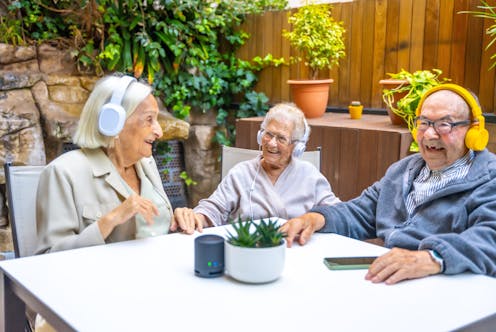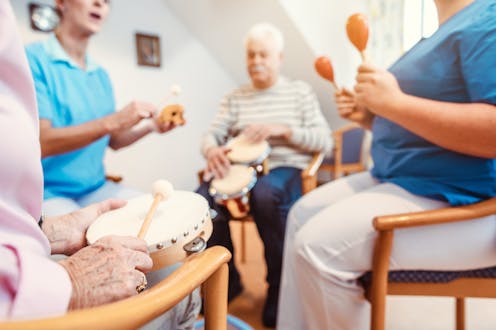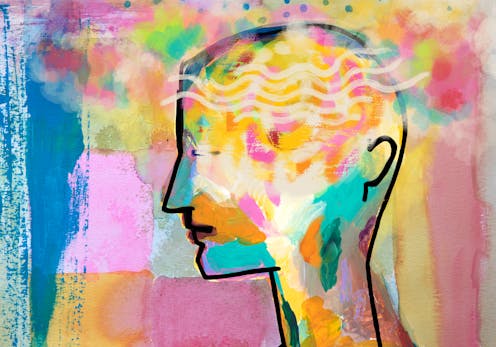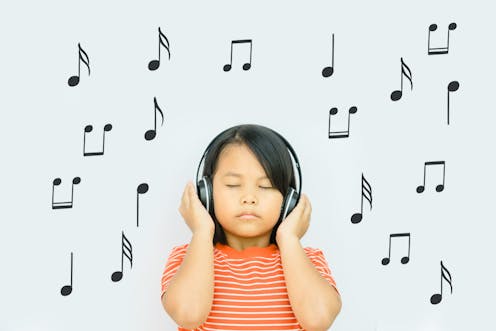Quick Search
Recent Articles

There is currently no cure for Batten disease, which affects around 200 children in the UK. View More

Humans have latched onto rhythms and tunes for millennia. Does all this music have an evolutionary purpose or is it just “evolutionary cheesecake”? View More

Music has a powerful effect on the brain. View More

Research suggests that music therapy can help support people before and after a loved one’s death. View More

Music therapy has been shown to help people suffering with cancer, chronic pain and depression. Our research is testing which parts of the brain are affected by different kinds of View More

Music therapy offers a flexible and accessible way of supporting wellbeing and addressing traumatic experiences. View More

Art, music and poetry therapy can help patients feel more optimistic and less isolated as well as to embrace the uncertainty that comes with illness. View More

Singing, as a communal exercise, can break down social barriers, reduce isolation and improve wellbeing. View More

Family music sharing is a way to safely express emotions during school closures, for both children and parents. View More

Soothing tunes for anxious times. View More

McMaster University’s LIVELab is a concert hall where researchers study how sound is produced and experienced, leading to therapeutic applications of music. View More

Research suggest it’s probably fine to listen to music while you’re studying - with some caveats. View More

Music for pleasure, self-expression and emotional regulation. View More

Soothing babies with song is a natural instinct for some parents, and research has shown just how powerful it can be for premature babies. View More

Creative arts therapies allow people with dementia to express joy and sadness through painting, dance, music and drama. View More











